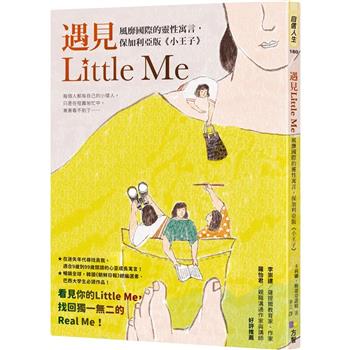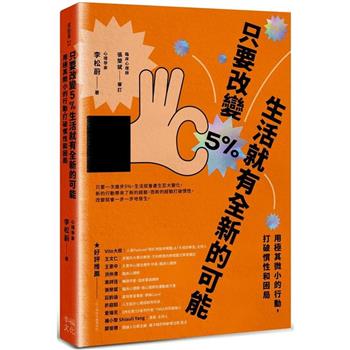Near hysteria has erupted in the media, state and federal legislatures, community boards, and churches around critical race theory (CRT). Despite the term’s history, development, and clearly defined meaning, it has become a catch-all for white America’s fears, deflections, and equivocations on race, society, and the law. Christians are no exception. Their critiques routinely claim that CRT is rewriting of American history, that it is anti-democratic, and even heretical.
Critical Faith presents a counter argument to these claims and insists that CRT is a tool to grapple with the thorny issue of race in both society and the church. In a reasoned tone, Critical Faith defines the origins of CRT, explains what the theory is, and demonstrates its merits from teaching experiences of the author.
Schwartz-Chaney argues that CRT is the victim of what Patricia Williams calls "definitional theft," and that by recovering its original meaning, Christians can move past mischaracterizations and caricatures toward a more nuanced view of race, racism, and the tools available to make progress in the church and in society.

 看圖書介紹
看圖書介紹










